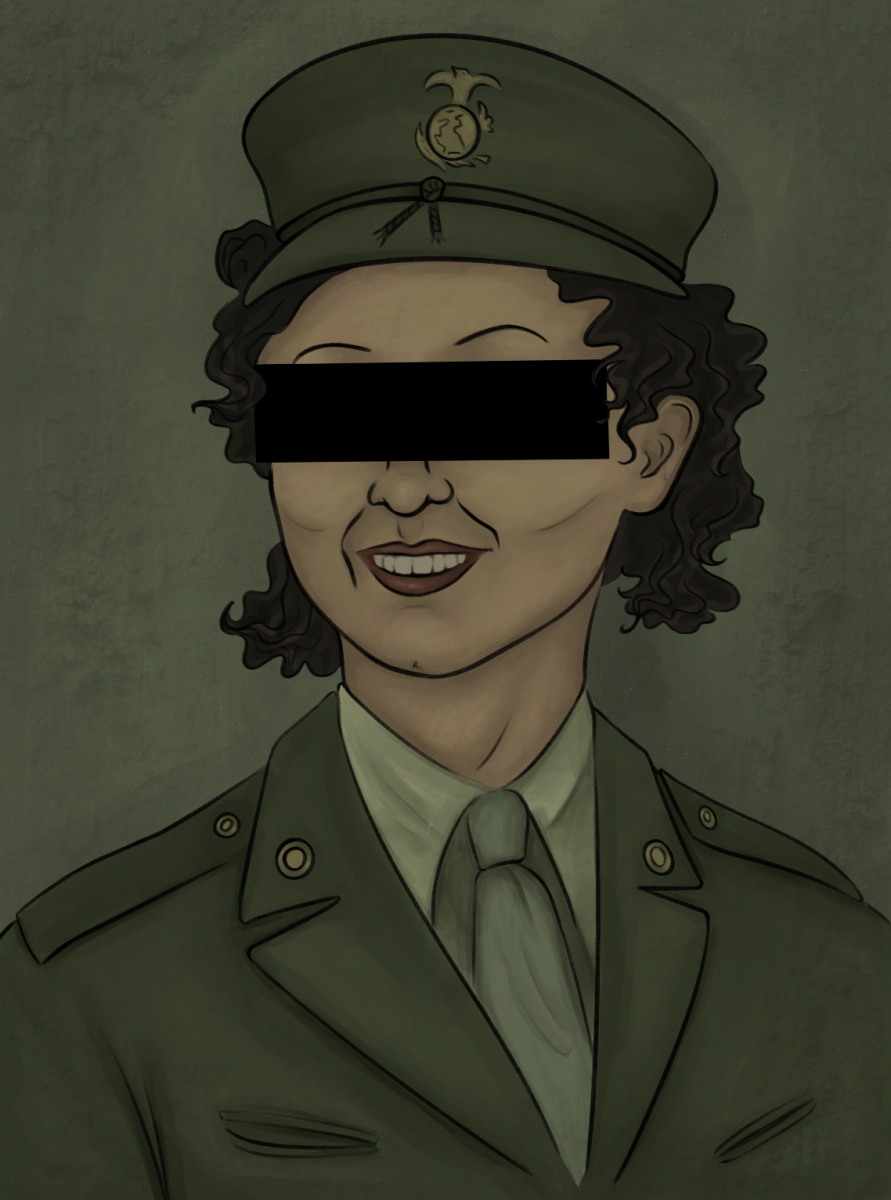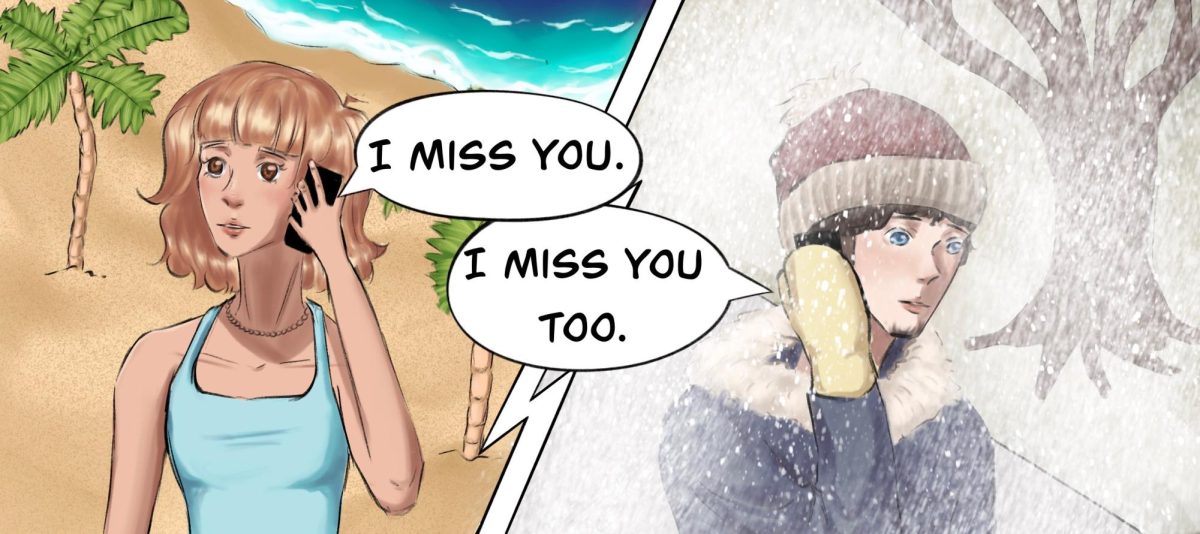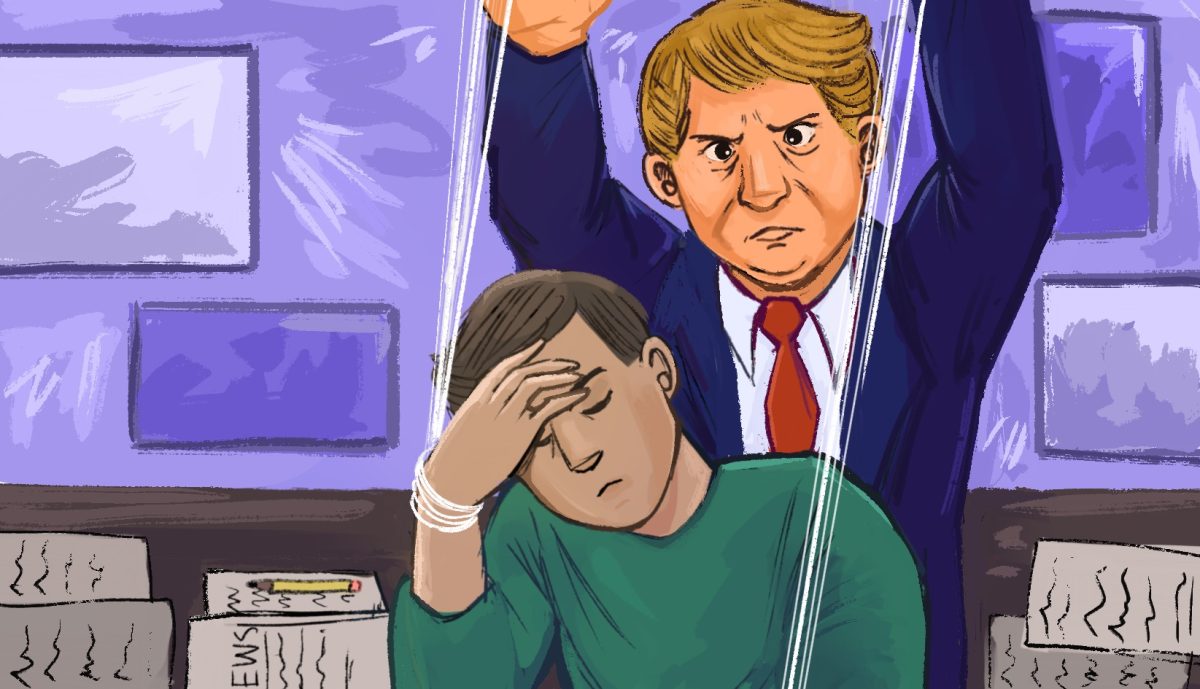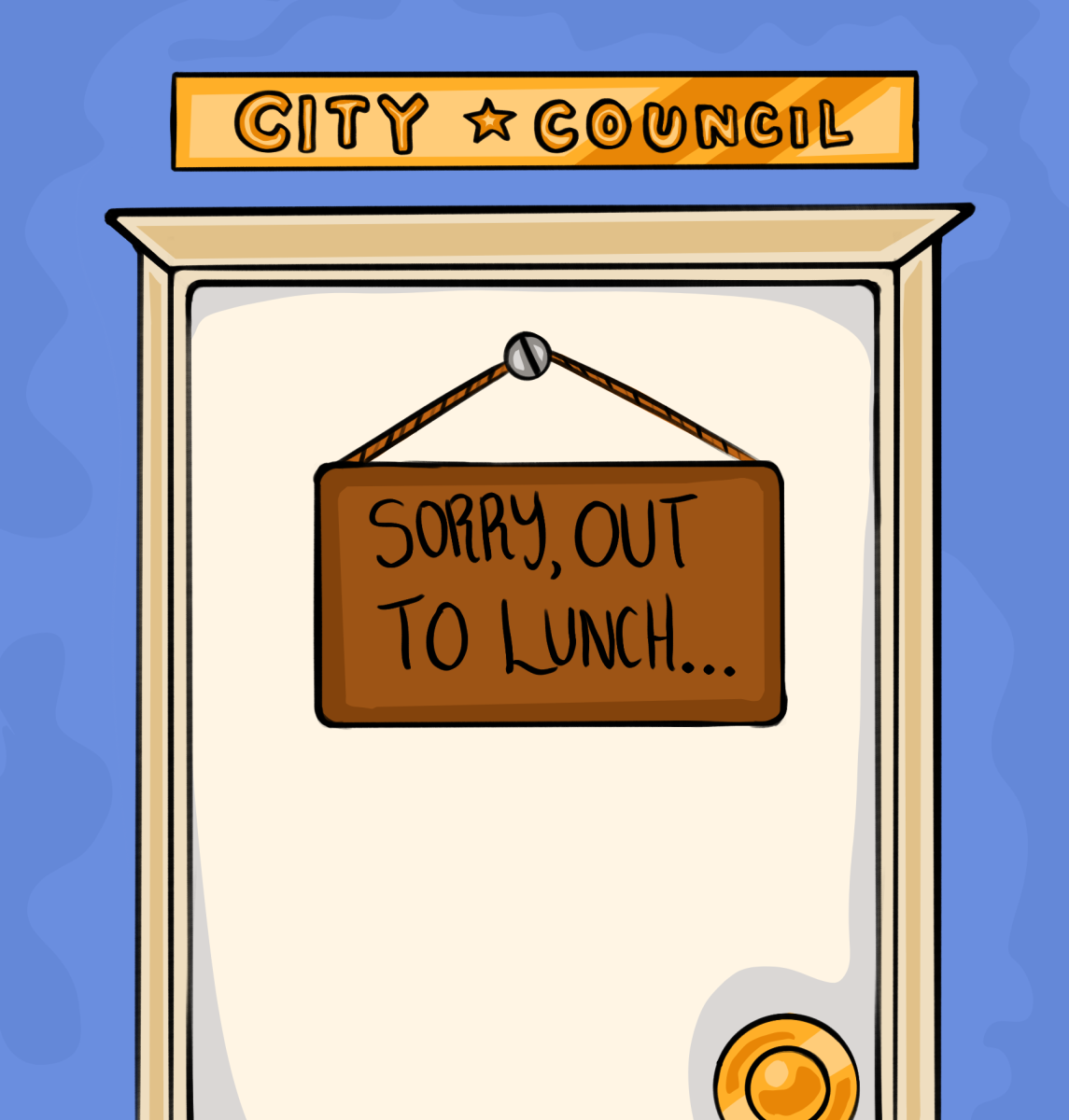“Why is it so much about Indians?” the Archivist of the United States (AOTUS) Colleen Shogan allegedly said. At the heart of our nation, Shogan is commanding the National Archives and Records Administration in a fight with an ancient beast: America’s stained past.
Her removal of Martin Luther King Jr., Native American tribal displacement, Japanese-American incarceration, and the suffragette movement are just a fraction of her acts of erasure. The eviction of these stories has demonstrated that activism and accountability have no home in America. Under Shogan’s leadership, the National Archives has and will continue to swivel and reject essential historical events and figures, prioritizing the desires of Republican politicians.
As an institution of the U.S. government, the National Archives was founded to be wholly dedicated to authentically representing our nation’s deep and complex history. Instead, Shogan has begun her tirade of white-washing exhibits, employing the National Archives as a token of political polarization. Hiding pioneers of the past counters their activism and trailblazing accomplishments, diminishing the impact of their progress and stunting any in the future.
Home to the U.S. Constitution and Declaration of Independence, the National Archives was established in 1934 to preserve and increase accessibility to federal government records. Out of 13.5 billion pieces of paper, 725,000 artifacts, 33 billion electronic records, and hundreds of millions of other records, Shogan oversees the processing and accessibility of said records and their exhibits.
The removal and replacement of minority voices and impacts
As AOTUS, Shogan has repurposed her role to picking and choosing which version of American History that fits her agenda. She has ordered the removal of landmark events like the incarceration of Japanese Americans during World War II and the horrific displacement of Native American tribes from exhibits.
According to Shogan’s current aides, who have already declared their reluctance towards featuring activism, King is also a less recognizable figure to the American public. Under her leadership, King’s feature was ordered to be removed in a separate exhibit. He isn’t alone. According to current and former employees and agency documents, Dolores Huerta, influential Chicano civil rights activist, and Minnie Spotted-Wolf, the first Native American woman to join the Marine Corps, were also removed from the same exhibit. In their place, senior aides suggested photographs of a handshake between former President Richard Nixon and Elvis Presley as well as former President Ronald Reagan greeting baseball player Cal Ripken Jr.
But even if groundbreaking pioneer King was truly less recognizable as President Richard Nixon and Elvis Presley, that should be an indicator for the National Archives to elevate King’s contributions and accomplishments. King’s contributions to the civil rights movement were beyond monumental. Not only did King pave the way for future African American activists, his power spread into other marginalized groups, galvanizing America with greater progress.
In addition to trailblazers, the American government’s past with extreme discrimination should not be hidden. While they were centuries and decades ago, demonstrations such as the Japanese-American incarceration still ring through and affect modern-day America through persisting racist sentiments. These acts are not reserved to the past. The American people, especially those of Japanese or Asian descent, are owed a display of truth. Many of those who were trapped in internment camps were citizens of the United States and not white, so why must the National Archives be?
Politics is infecting and manipulating the mission of the National Archives
After her nomination as AOTUS, at her confirmation hearing in September of 2022, Shogan was criticized by Republicans for extreme Democratic-leaning partisanship. Shogan faced further criticism and accusations of partisanship when President-elect Donald Trump’s Mar-a-Lago resort search and subsequent charges were sparked by the National Archives.
Following Shogan’s grilling over Democrat-leaning-bias, she has re-aligned the National Archives and its exhibits. Worried about the budget, exhibits leaning towards the preferences of white Christian nationalist Republican lawmakers are more likely to align with their destructive agenda. According to employees, the National Archives are following the mindset of, “Visitors shouldn’t feel confronted, they should feel welcome.”
Through a later statement Shogan released on her National Archives blog on Oct. 30, she addressed the backlash following the release of a Wall Street Journal exposé covering Shogan’s efforts to distort the representation of American history. In her statement, Shogan fails to address any of concerns over white-washing.
“As federal employees, we are not here to promote or share our personal interpretation of the records… That does not mean we shy away from difficult topics,” she wrote. But, according to multiple past and current employee accounts, Shogan and top National Archives advisers actually did promote and share their personal interpretation of images of Japanese-American incarceration. They were deemed too negative and controversial, and as a result were removed from a planned exhibit. The white-washing and glazing over dripped into education materials as staff were instructed to completely eliminate wartime incarceration references.
The National Archives’ attempt at “relatability”
Former and current employees reported an instance of a former staffer being instructed to search for white people success stories so that exhibits could be “relatable.” Catering towards a white audience is not just racist, it’s a complete misrepresentation of authentic American experiences. In another instance of attempting to be “relatable,” a staffer was instructed to appeal to Iowa farmers.
There are an estimated 157,531 farmers in Iowa. Even the smallest minority group in America, Native Hawaiian and Other Pacific Islanders, takes up 11 times more space than Iowan farmers with an estimated population of 1.8 million. Instead of granting minority voices the recognition they deserve, Shogan’s efforts fail to properly represent the true make up of America.
So, why are they a target audience for the National Archives? 99.6% of them are white. To Shogan, being “relatable” only applies to white people.
Retaliation and response
In recent months, at least six senior officials have resigned from their post, partly due to Shogan’s “leadership.” Long-time employees declared that censorship has resulted from Shogan’s directives. A federal whistleblower complaint was filed, claiming that Shogan abused her authority to censor records. The case made no progress in the U.S. Office of Special Counsel for lack of substantial first-hand evidence.
When she first stepped into her role as AOTUS, Shogan claimed that her top priority for the agency was access. “The records aren’t useful if people don’t have access to them,” she said in a National Archives article. While being sworn in, she claimed that she believed that the National Archives has a “special obligation to help kids who are learning about American history and civics,” she must have forgotten to clarify that that only applies to white kids.
What can be done?
While the list of Shogan’s censorship of minority voices extends beyond, it needs to be put to a stop. Institutionalization of a culture prioritizing white voices is detrimental to the health of our nation. The state of liberty and freedom of the press should not be weaponized. The accessibility of history and identity should be insulated from political and monetary agendas.
The prioritization of white voices will likely continue to grow. The danger of the extreme pressure of Republican politicians versus lack of urgency from Democrats will worsen, especially with the outcome of the 2024 election.
State and local legislatures need to protect and guarantee access to accurately represented education. Although Minnesota State Statute 120B.024(2)(g) has mandated students to take an ethnic studies course, a single course does not safeguard youth from developing the same discriminatory rhetoric spewed at the federal level.
Shogan has decreased accessibility to accurate story-telling, creating more roadblocks for the average American. People must now strive and search harder for balanced media. In reality, the roadblocks will continue to multiply, threatening the vision and beliefs of Americans.
“Why is it so much about Indians?” Probably because they exist, Shogan.
This piece was originally published in Zephyrus’ print edition on Dec. 19, 2024










